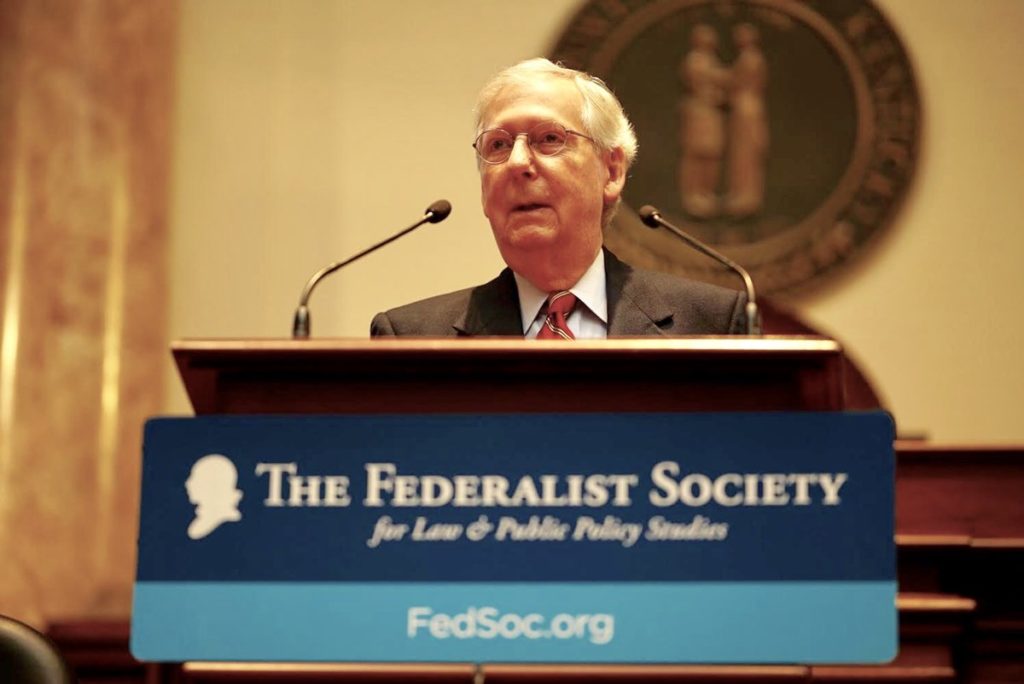If you choose not to enforce valid subpoenas, you still have made a choice

On Halloween 2016, I gave a talk at Brooklyn College with Anna Law about how the courts and Congress would not meaningfully constrain President Donald Trump because they would both be controlled by Republicans. I also assumed that this discussion would be purely hypothetical. I was prescient about precisely the wrong thing:
Former White House counsel Donald McGahn can defy a congressional subpoena, a federal appeals court in Washington ruled Friday in a decision siding with President Trump, who had blocked top advisers from testifying as part of the impeachment proceedings.
The 2-to-1 ruling, which can be appealed, deals a sweeping blow to Congress’s investigative powers. The decision means Trump’s former lawyer cannot be compelled to appear on Capitol Hill, and it comes after Democrats lost their bid to call additional witnesses during Trump’s Senate impeachment trial.
The Justice Department had argued the Constitution categorically bars the courts from stepping into this kind of dispute between the politically elected legislative and executive branches.
The court majority agreed and dismissed the case, finding it has no authority to resolve the issue.
Congress and the White House are “locked in a bitter political showdown that raises a contentious constitutional issue: The Committee claims an absolute right to McGahn’s testimony, and the President claims an absolute right to refuse it,” wrote Judge Thomas B. Griffith, who was joined by Judge Karen LeCraft Henderson.
“We cannot decide this case without declaring the actions of one or the other unconstitutional, and ‘occasions for constitutional confrontation . . . should be avoided whenever possible,’” wrote Griffith, like Henderson a Republican presidential appointee.
Griffith’s argument is absolutely farcical:
The law in its majesty gives both the party issuing the subpoena and the party refusing to honor it the same privilege of having the court not enforce it. Seems neutral to me.— Sasha Samberg-Champion (@ssamcham) February 28, 2020
To state the obvious, the Court is not remaining “neutral” in this dispute — it’s siding with Trump. Alas, this is exactly the kind of translucent sophistry that John Roberts has long specialized in, so.
…”Our consideration is limited to the present circumstances, for the problem of unconstrained executive power generally presents many complexities. Come to think of it, it doesn’t even apply to the present circumstances.”
Most embarrassing sentence in a judicial opinion in along while: “we do not address whether a chamber of Congress may bring a suit against private citizens to enforce a subpoena.”
Um … that *is* this very case. https://t.co/NGvVdxK5VU— Marty Lederman (@marty_lederman) February 29, 2020
The “complexities” here, of course, are that all of these “doctrines” invented to justify giving unlimited powers to King Trump have to self-destruct the second a Democratic president is inaugurated.
